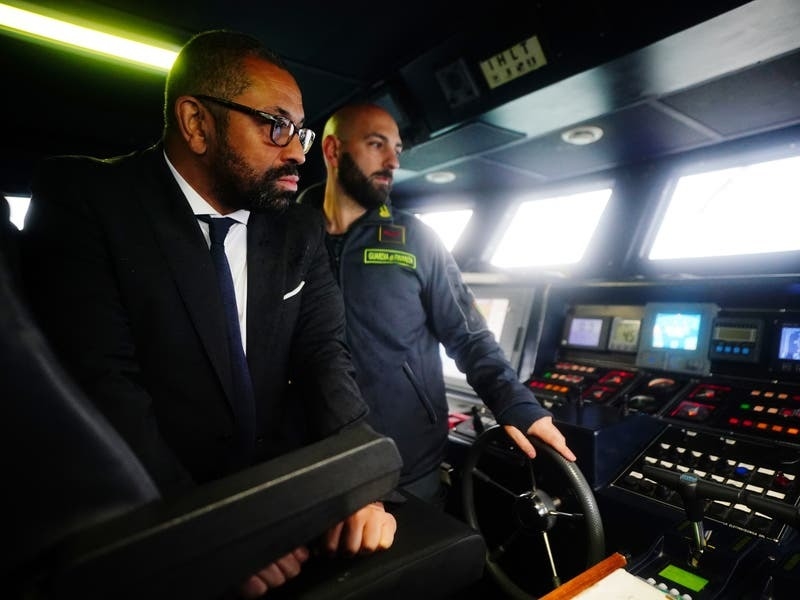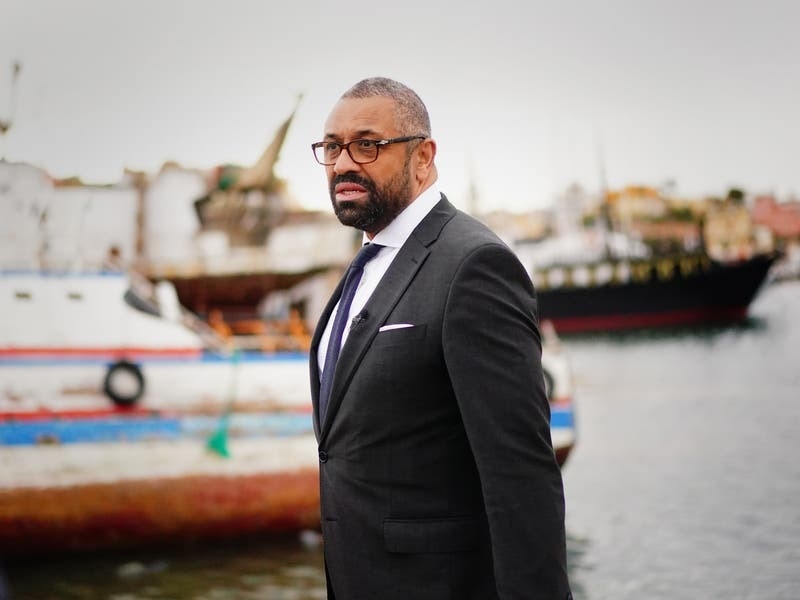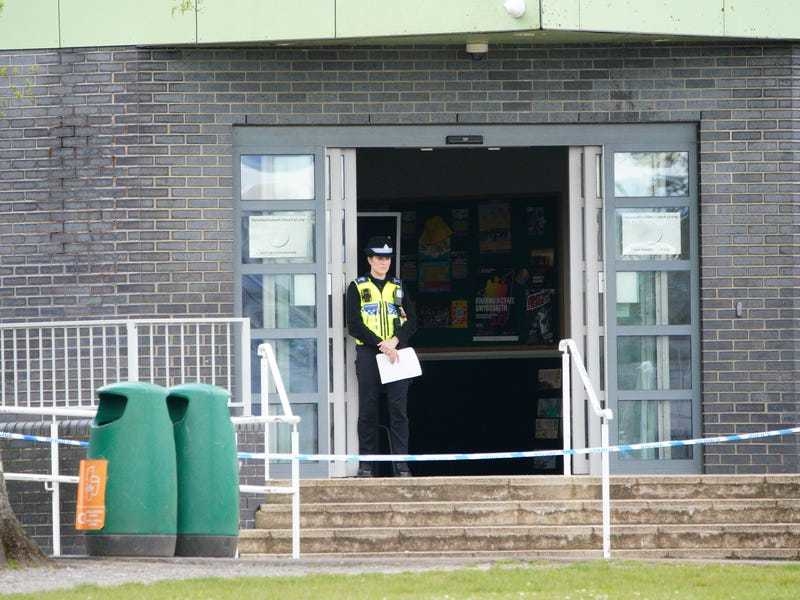- Youth Enquiry Service has seen a rise of more than 1,000 appointments in the last six years.
- Find out more about what the service does.
- Does it deserve more States funding? Take part in our poll
A COUNSELLING service which helps some of Jersey’s most troubled youngsters may have to start turning people away after being overwhelmed by a surge in cases.
The YES Project is struggling to fund the cost of counselling following a rise of more than 1,000 appointments in the past six years.
Since 2009 – the service’s first full year – the number of counselling appointments has increased from 213 to 1,266.
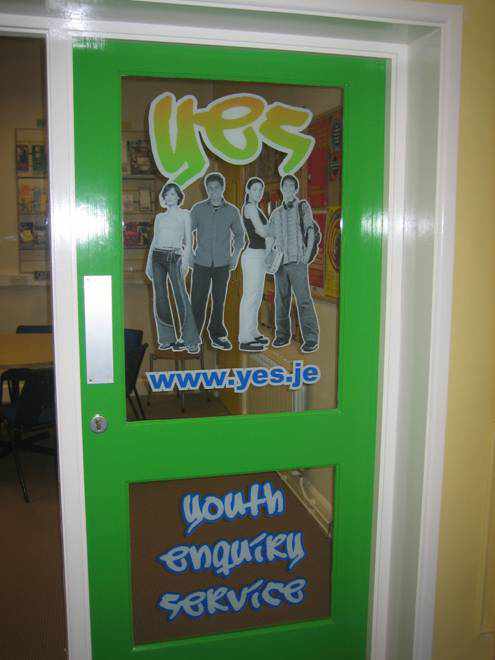
There was an increase of 347 appointments alone last year. The number of new counselling referrals has also gone up, from 40 in 2009 to 158 last year.
Young people aged from 14 to 25 get free and confidential appointments with the service’s six counsellors, who are employed on zero-hours contracts and work around their full-time jobs.
The service has worked with the same number of staff since 2012, despite a huge rise in appointments.
Paul Hunter, treasurer of Jersey Youth Trust, which set up the project in partnership with the Jersey Youth Service, said the service was struggling for funding because of the number of people who needed help.
He said: ‘To be brutally honest it has caught up with us. We are not at breaking point but we are a bit worried about money.
‘There will be a time where we have got to the point where we have to turn people away for counselling sessions. We are not there are the moment but we are close to having more counselling sessions than donations coming in.
‘We have always been running a float of between £30,000 to £40,000, but that is now at £20,000. We are going to be running out of money. The service is very successful but we need more funding.’
- In 2014, the JEP reported that the counselling service costs up to £80,000 a year to run.
- £23,000 of that comes from the States Building a Safer Society fund.
- A grant also come from the Jersey Association of Charities (£24,500 in 2013).
- The remainer comes from private donors.
Counselling sessions are paid for by donations from the Association of Jersey Charities, grants from Lloyds Bank as well as States funding.
‘We are out there trying to get as much funding as we can but as a charity we don’t seem to be as popular as the other charities, such as the Jersey Hospice or Headway,’ he said.
‘We have no administration costs. All the funding we get goes on counselling and leaflets to help young people. There is no money wasted anywhere.’
He said the charity would like to employ a full-time counsellor and to have appointment hours sponsored by local firms.
‘A lot of these young people don’t know where to go and sometimes they are a bit lost. The YES Project gives them that first point of contact.’
Vicki Twohig, senior youth worker with the YES project, said the service was being well used, but it meant that waiting times for counselling appointments had increased.
She said: ‘Our previous waiting time was around a week but now it can sometimes take between two or three weeks before we can get them booked in. It depends on the counsellor’s availability and the availability of the client.
‘I am surprised by how well the service is used as it can take a lot of courage for someone to ask for the support they need.
‘Some clients come back to us after a couple of years and need additional sessions whilst others need short-term support.
‘We are not trying to solve everything. It is about helping young people to get the right support, and we are often the first port of call.’
- The Youth Enquiry Service (YES) first opened in 2008.
- As well as offering a drop-in service for young people it also provides one-to-one counselling as well as online advice on a broad range of issues.
- YES was developed by the Youth Service in partnership with the Jersey Youth Trust.
- It was created to support young people aged 14 – 25 with any issue that affects them.
- YES works with young people on any issue, for example: homelessness, benefits, advocacy work, crime, education, parenting, leaving care, drugs and alcohol, issues around sexuality, emotional health, relationships, sexual health and rights and responsibilities.
Find out more about YES here
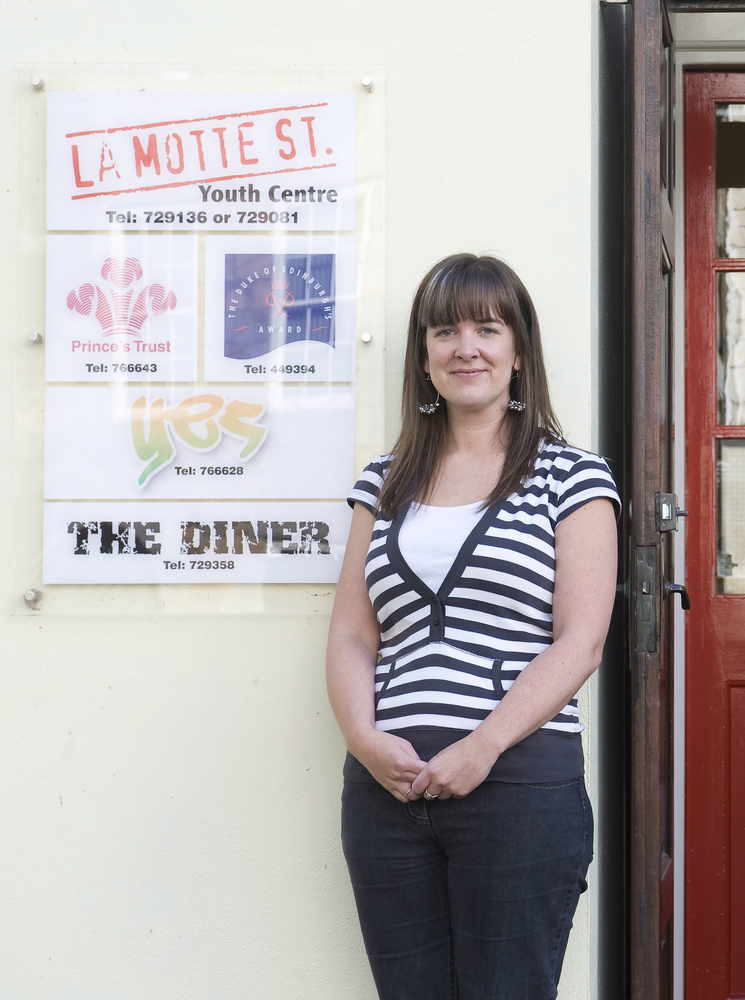
THE JEP recently reported that drinking and smoking rates among young Islanders have dropped significantly in the last four years.
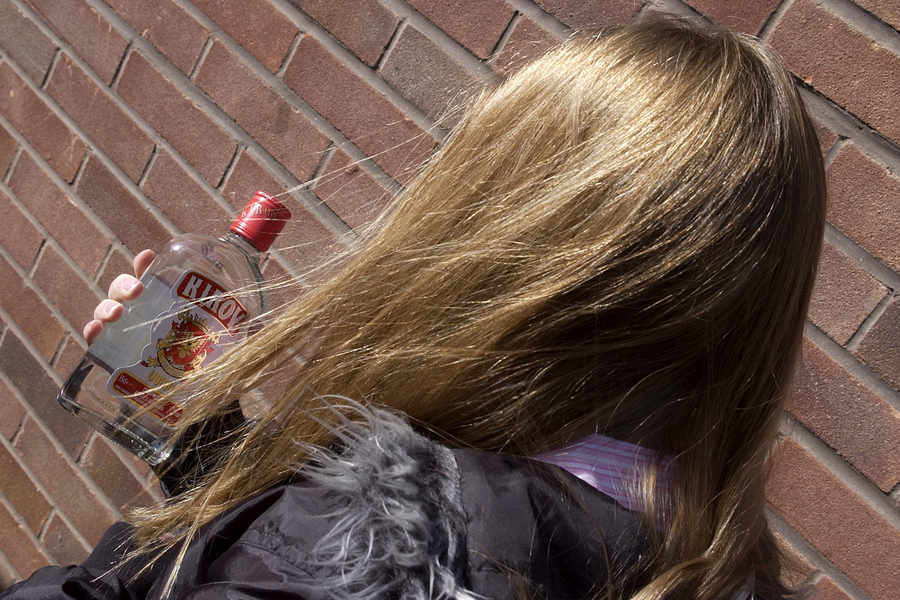
The Young People’s Health Survey was carried out among Jersey children aged between ten and 15 last year and, ahead of its publication, the Health Department released figures from the survey which show that there has been a downward trend in the uptake of drinking and smoking by youngsters.
The statistics show that 52 per cent of 12 to 13-year-olds and 20 per cent of 14 to 15-year-olds report never having tried alcohol.
This compares to 30 per cent of 12 to 13-year-olds and nine per cent of 14 to 15-year-olds in 2010.
And in 1998, 54 per cent of 14 to 15-year-olds had drunk alcohol in the seven days before completing the survey. This decreased to 16 per cent last year.
Smoking rates have also decreased among Island children with the number of 14 to 15-year-olds smoking regularly or occasionally dropping from 35 per cent in 2002 to 12 per cent in 2014.



